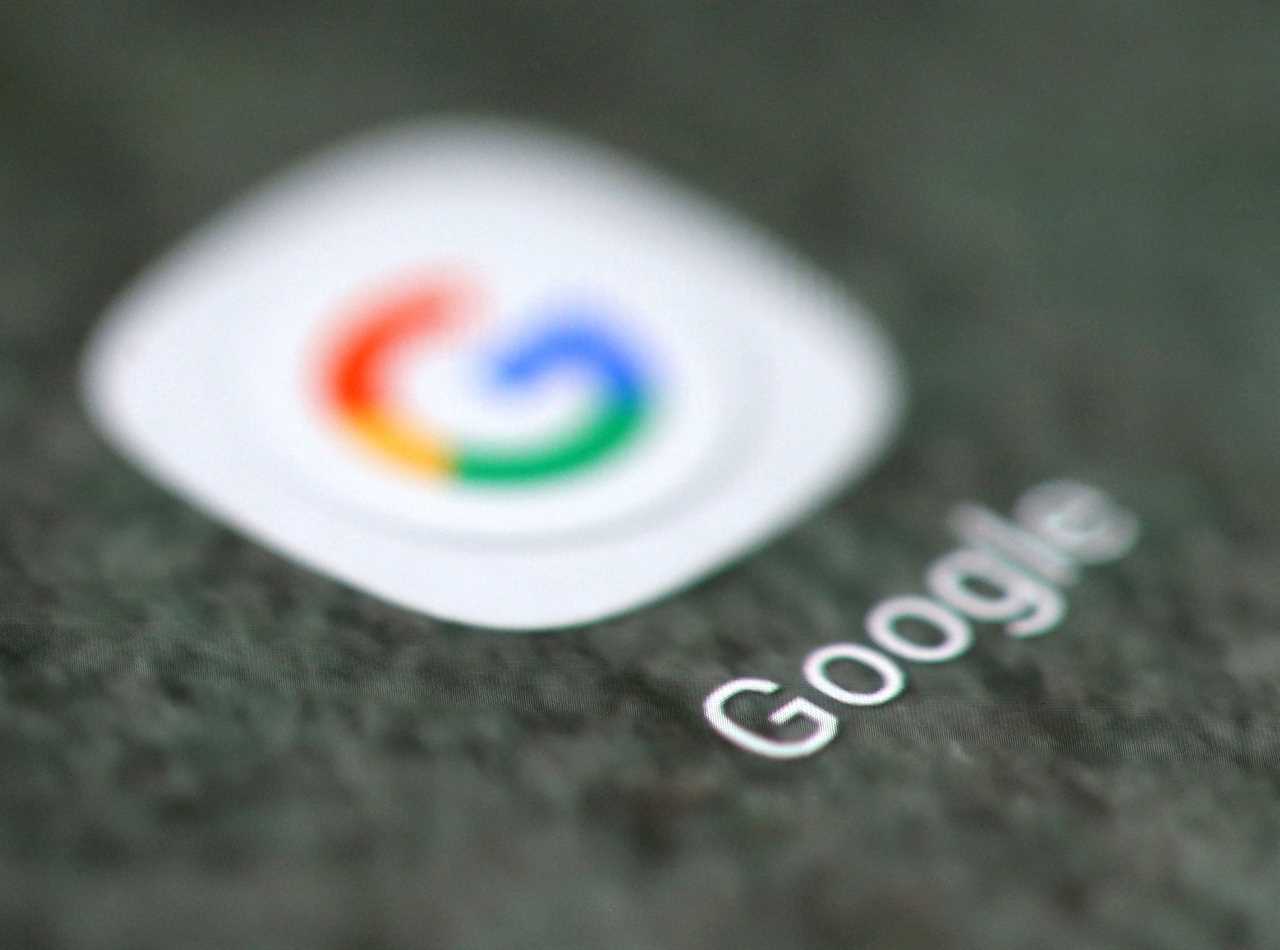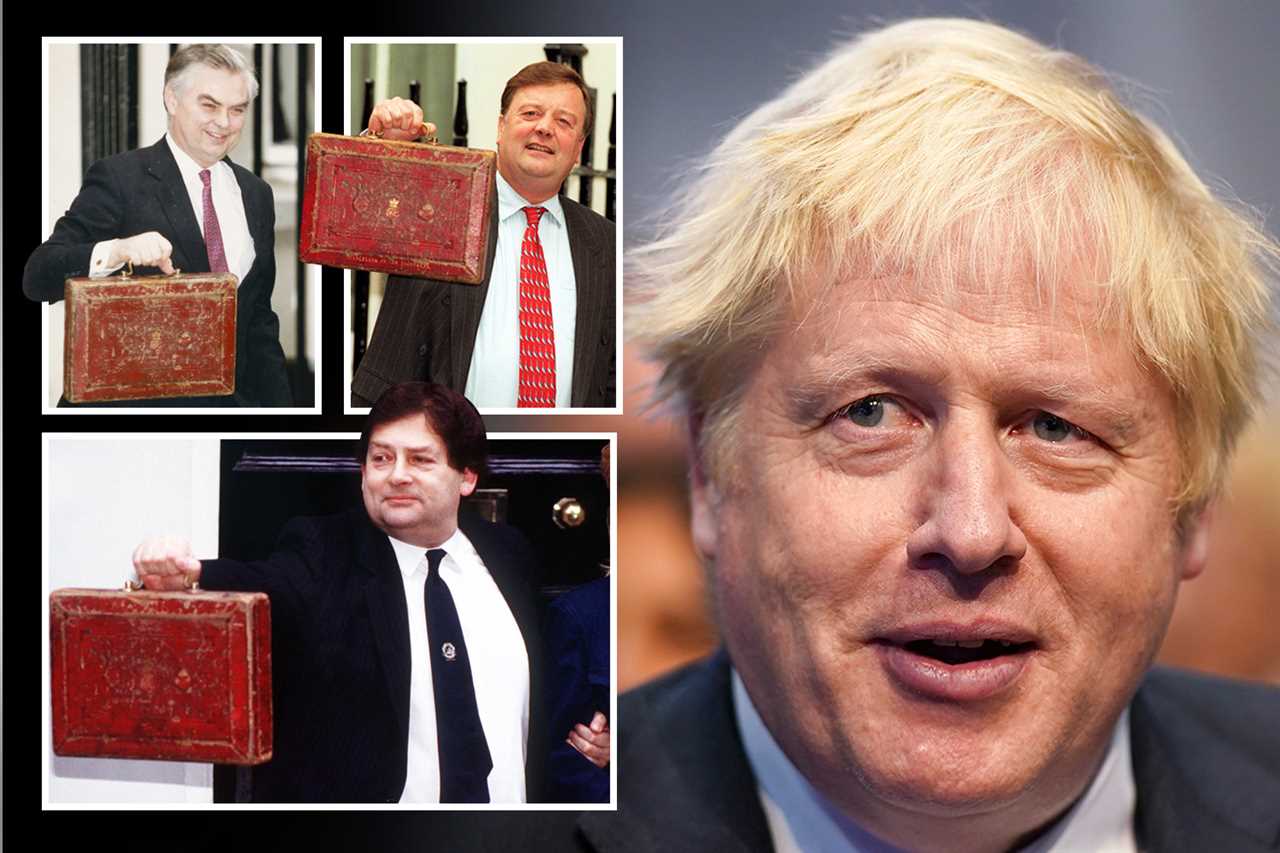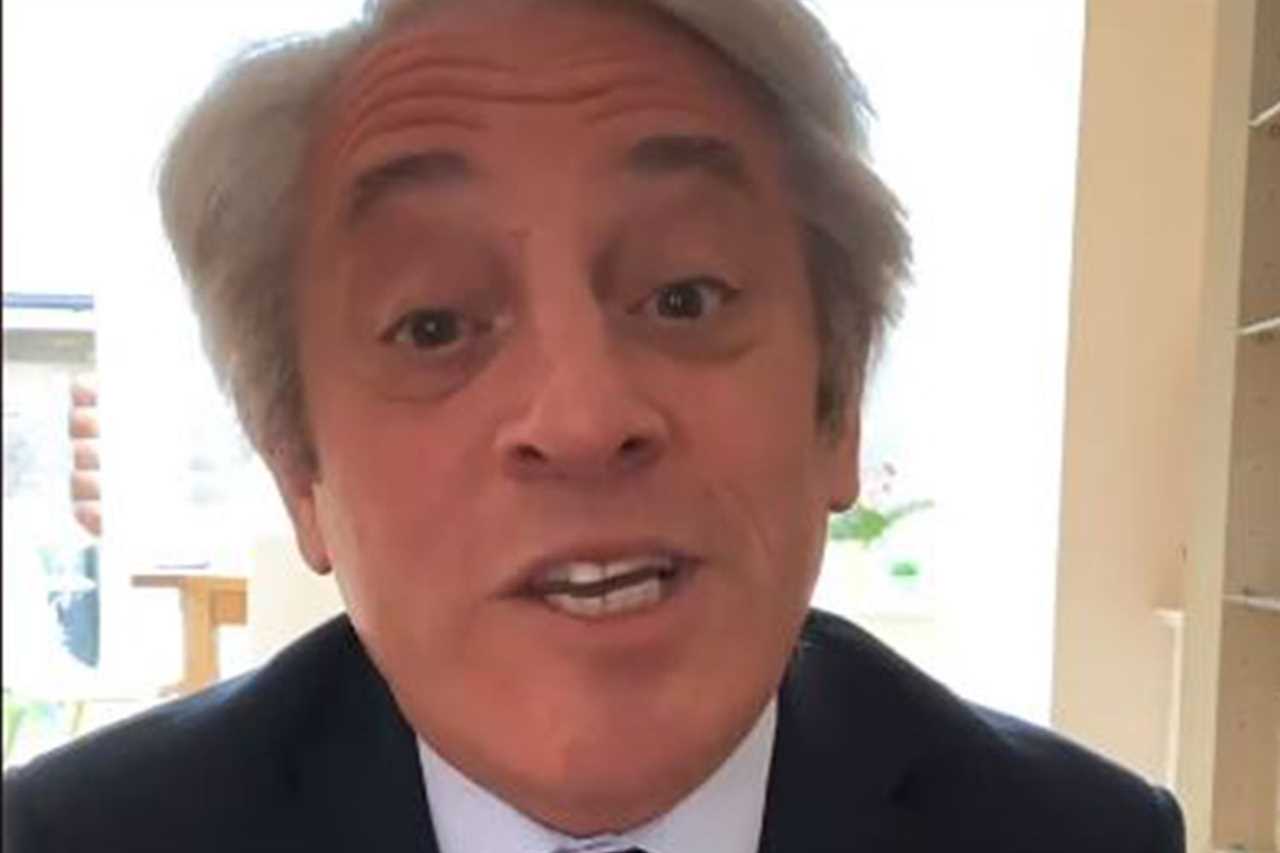A PROMISED clampdown on tech giants who lift stories from newspapers without paying may be delayed for two years.
Ministers have vowed to get tough on firms like Google and Facebook which host Press content without sharing advertising revenue.

The pair took around 80 per cent of the cash spent on web advertising in the UK in 2019 — £4 in every £5 — while struggling local papers managed less than five per cent.
The new Digital Competition Bill would create a regulator, the Digital Markets Unit, to ensure tech firms fairly remunerate publishers for content they make profit on by sharing.
Under plans drawn up by Culture Secretary Nadine Dorries, it would levy large fines to firms who flout the new rules.
It would also regulate how companies use controversial algorithms to promote content.
Read more politics
But the Bill faces being kicked into the long grass after claims it was poorly thought through and risked stifling competition.
Cabinet sources have pointed the finger at Brexit Opportunities Minister Jacob Rees-Mogg as being a key blocker.
But his pals insist he is fully supportive.
Other Whitehall insiders blame No10 for the delay.
Downing Street is looking at slimming down next month’s Queen’s Speech, where the Government’s legislative agenda is set out for the next 12 months.
Last night, a government source said the Digital Competition Bill would still get the nod, but would likely not become law until late 2023.








